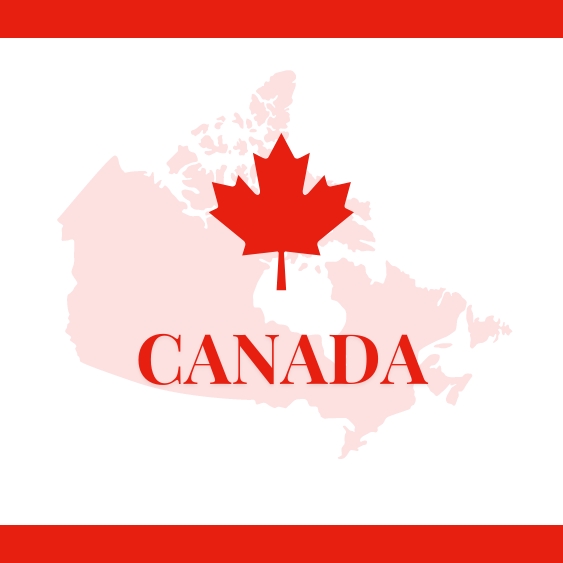
- Immigrate to Canada
- Express Entry
- Comprehensive Ranking System
- Express Entry Pool of Candidates
- Canadian Experience Class
- Federal Skilled Worker (FSW) Program
- Federal Skilled Trades
- Express Entry Draw
- When is the Next Express Entry Draw?
- Invitation to Apply (ITA)
- Electronic Application for Permanent Residence (eAPR)
- Proof of Funds for Express Entry
- Provincial Nominee Programs (PNPs)
- Quebec Immigration
- Canada Permanent Resident (PR)
- Professional & Skilled Workers
- Atlantic Immigration Program
- Rural and Northern Immigration Pilot
- Agri-Food Pilot
- Canada Immigration FAQ
- Caregiver Program Canada
- Moving to Canada From Another Country
Need More Information
Need More Information
Hotline
+1 (873) 288-6006

Canada
Comprehensive Ranking System (CRS)
How to Immigrate to Canada
Immigration candidates in the Express Entry pool are ranked against one another using the Comprehensive Ranking System (CRS). The highest-ranking candidates receive an Invitation to Apply (ITA) for Canadian permanent residence.
Know More
In order to rank immigration candidates, the Canadian government developed a merit-based points system that assigns a score to each candidate in the Express Entry pool. This points system is called the Comprehensive Ranking System (CRS), and the score assigned to each candidate is called the CRS score. Express Entry manages three programs:
- Federal Skilled Worker (FSW)
- Federal Skilled Trades (FST)
- Canadian Experience Class (CEC)
Any person who submits a profile to the Express Entry pool of candidates is assigned a CRS score out of 1200 points. Approximately every two weeks, the Canadian government conducts an Express Entry draw, where they issue a round of Invitations to Apply (ITAs) for permanent residence to the highest-ranking candidates. Note that IRCC does not disclose information regarding the date of the draw, the number of ITAs that will be issued, or the minimum required CRS score in advance of each draw.
There are many ways an applicant can increase their CRS score once in the Express Entry pool. CRS points are largely tied to the applicant’s language ability, education, work experience, and age. Additional points can also be claimed for having a sibling in Canada, speaking French at a high level, receiving a job offer in the country, or securing a nomination from a Provincial Nominee Program (PNP).
Securing additional points from one of these factors can substantially increase one’s chances of receiving an Invitation to Apply (ITA) in one of Canada’s upcoming Express Entry draws.
Provincial Nominee Programs (PNP) provide pathways to permanent residency for candidates with low CRS scores in the Express Entry pool. Receiving a nomination from a province could result in an additional 600 points toward one’s CRS score, essentially guaranteeing an invitation to apply for permanent residence (ITA).
Each province sets their own criteria for nominee programs; while many require some type of connection to the province to be eligible to apply, others look for candidates that fill labour market or demographic gaps. Candidates invited under a PNP are expected to settle in the province they are nominated under.
Each province sets their own eligibility requirements for Provincial Nominee Programs (PNPs). Some of these programs use the Express Entry system to find their potential nominees. While many of these programs use their own points system, some provinces may use a candidate’s CRS score, among other factors, to decide whether they will be issued an invitation to apply for nomination.
Although these CRS scores may change from draw to draw, some provinces state the minimum CRS score required to be considered for nomination. For example, Ontario’s Human Capital Priorities stream does not send invitations to candidates with a CRS score lower than 400, and Alberta’s Express Entry stream will only consider candidates with a CRS score of at least 300.
omprehensive Ranking System (CRS) points are awarded differently, depending on whether the applicant is married or single.
If a spouse or common law partner is listed as non-accompanying in an application or is already a citizen or permanent resident of Canada, the applicant will earn points as a single applicant.
If an applicant is married and has an accompanying spouse, the spouse should provide language results and an Educational Credential Assessment (ECA) report for all post-secondary education. This will enable a candidate to secure the maximum number of points when including a partner on their application.
